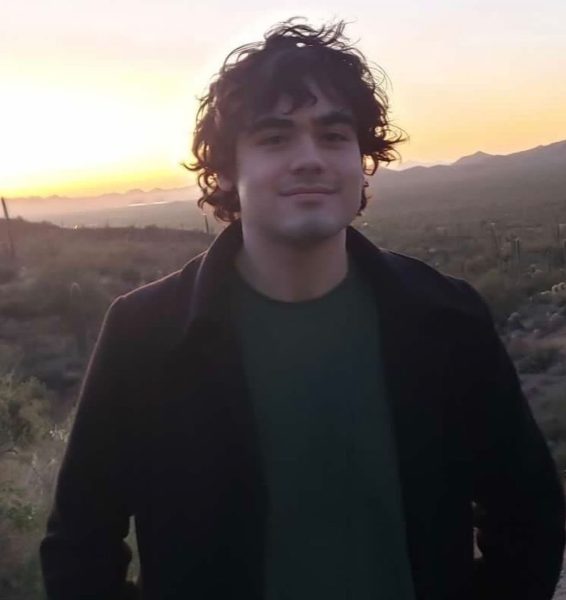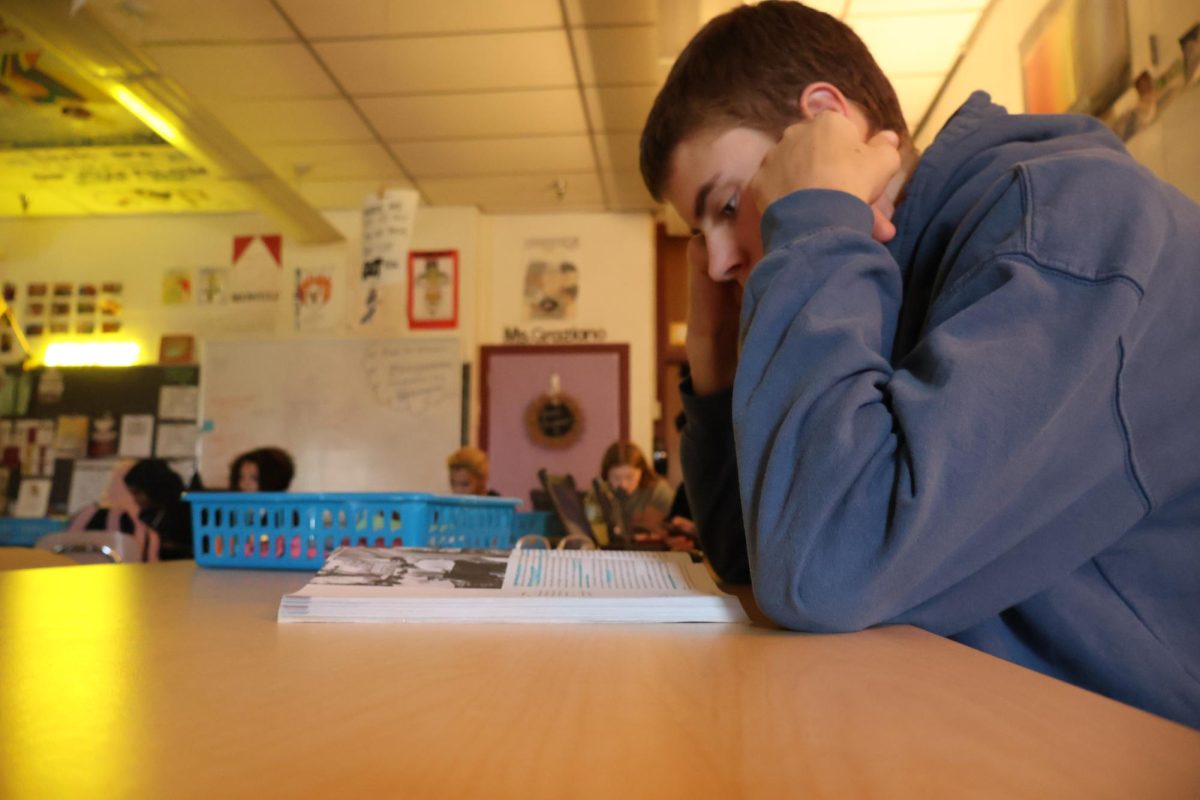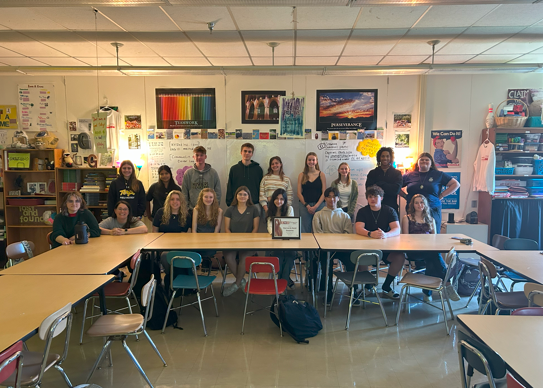Harvard President, Claudine Gay, resigned on Tuesday following a short and scandal-plagued tenure as leader of the nation’s oldest college.
Gay announced the decision in a letter to the Harvard community, stating she had come to the conclusion that it was “in the best interests” of the university for her to resign after consulting with members of the Harvard Corporation, the university’s principal governing board. By stepping down, Gay hoped to take the heat off of Harvard and allow the university to “navigate this moment of extraordinary challenge with a focus on the institution rather than any individual.”
Her resignation takes place effective immediately.
Gay’s presidency was marked by feats from beginning to end. When she took office on July 1st, she became the university’s first black president and only the second woman to ever lead the prestigious school. When she resigned January 2nd, she became the shortest-serving president in Harvard’s nearly four-hundred-year history.
Her appointment as President Lawrence Bacow’s successor in December 2022 was lauded as an “inspired choice” by the outgoing president, and Penny Pritzker, senior fellow of the Harvard Corporation and chair of Harvard’s presidential search committee, praised Gay as a “remarkable leader” committed to “expanding opportunity, and to strengthening Harvard as a fount of ideas and a force for good in the world.”
But things quickly took a turn for the worse, and the past three tumultuous months came to define her presidency.
In October, Gay came under fire for her sluggishness in issuing a formal statement in response to the outbreak of the Israel-Hamas War. The eventual statement released by the university’s leadership was widely criticized for its lack of an explicit condemnation of Hamas for its terrorist attack on Israel on October 7th.
Several follow-up statements did little to douse the firestorm, and even greater controversy swirled surrounding a statement put out by 30 student groups which held Israel “entirely responsible” for “all unfolding violence.”
“Our University embraces a commitment to free expression. That commitment extends even to views that many of us find objectionable, even outrageous. We do not punish or sanction people for expressing such views. But that is a far cry from endorsing them,” Gay said in a video published on October 12th.
Amid intensifying political pressure and mounting threats from prominent benefactors to pull donations, Gay was called to testify before a congressional hearing about rising antisemitism on college campuses. Many members chastised her for her handling of the situation, and found the actions the university was taking to combat antisemitism to be inadequate.
Gay faced nationwide fallout for her testimony, which was characterized as vague and equivocal. Afterwards, more than 70 members of Congress penned a letter calling for her resignation.
In response to this and the resignation of University of Pennsylvania President Elizabeth Magill, 700 members of Harvard’s faculty came to Gay’s defense, signing their own letter urging the Harvard Corporation to resist calls for her removal – saying outside forces shouldn’t be allowed to meddle in the university’s affairs.
On December 12th, the Harvard Corporation stepped in to reaffirm their support for the embattled President in a statement that the 11 Fellows of the Corporation “unanimously stand in support of President Gay.”
The email also addressed allegations of plagiarism against Gay that had recently surfaced amidst the chaos. According to the statement, an independent review ordered by the Corporation turned up “a few instances of inadequate citation,” but the Fellows felt satisfied with Gay’s efforts to “proactively [request] four corrections in two articles to insert citations and quotation marks that were omitted from the original publications.”
Somewhere in the last month, however, it seems apparent that the relationship between Gay and the Corporation deteriorated from a stance of unanimous support of her presidency, to an encouragement, or at the very least an acceptance, of her resignation. At the moment, it’s unclear what led to this change.
In an email, the Corporation thanked Gay for her “deep and unwavering commitment to Harvard and to the pursuit of academic excellence” while also condemning “racist vitriol directed at her” in the course of the controversy.
University Provost, Alan Garber, will serve as acting president while the Corporation conducts a search for Gay’s successor, which they say will begin “in due course.”
In reaction to Gay’s resignation, Caleb Thompson, Harvard student graduating in 2027, laid out the jobs he feels a president of Harvard must be prepared for and perform well, including “making sure that students on campus feel safe, being an example of academic professionalism and rigor, and making sure that donors are happy.” Thompson felt Claudine Gay “failed […] on all of these fronts.”
He stressed, however, that job performance in no way excuses the “ruthless personal attacks [Gay] has had to endure over the past several weeks.”

Lorenzo Levy, Harvard student graduating in 2027, while acknowledging Gay’s “serious mistakes,” expressed his belief that her departure would be better characterized as an ousting, suggesting it was racially motivated and primarily a pushback against diversity, equity, and inclusion (DEI) initiatives throughout the country, especially in positions of leadership.
With regard to the plagiarism allegations in particular, Levy says that, “[i]t is at the same time true that Harvard presidents ought to be held to at least the same plagiarism standards as students and that the plagiarism investigations were inextricably linked to racist fears about Black people in positions of power.”



![Former President of Harvard, Claudine Gay, giving a speech at her Inauguration; becoming Harvard's 30th president. [CC BY-NC-SA 2.0].](https://bhsgazette.org/wp-content/uploads/2024/01/claudine-gay.jpeg)




